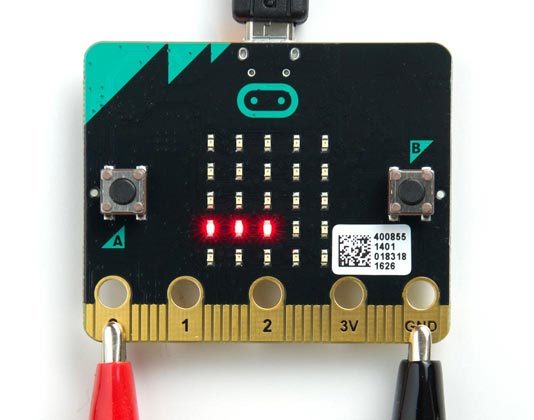The latest version of uLisp, Version 2.2, supports the BBC Micro Bit, the low-cost controller board pioneered by the BBC in the UK. See http://www.ulisp.com/show?2672


The latest version of uLisp, Version 2.2, supports the BBC Micro Bit, the low-cost controller board pioneered by the BBC in the UK. See http://www.ulisp.com/show?2672

Hi,
have you considered the BLE support (I guess it’s not supported). Can the uLisp fit the RAM when the SoftDevice (required by BLE) is flashed?
Micropython does not support the BLE on Micro:bit for this reason but it probably supports the BLE other nrf51 boards. Espruino delivers BLE functions.
Thanks,
Bogdan
On a BBC Micro Bit with Softdevice “S110” selected I appear to be able to upload uLisp without memory errors, provided I reduce the amount of RAM it needs by changing the workspace settings to:
#elif defined(_VARIANT_BBC_MICROBIT_)
#define WORKSPACESIZE 320 /* Cells (8*bytes) */
#define SYMBOLTABLESIZE 0 /* Bytes */
uint8_t _end;
However, I can’t get uLisp to initialise properly and display the prompt. Any suggestions?
Just bought the micro:bit for my own interpreter - want to have BLE console (similar to epsruino WebIDE).
So I have no experience in this area yet.
I asked the question to learn something about your experience. Thanks for sharing your observation here.
I looked into the S110 requirements and I wonder what is the stack size you allocated for the uLisp interpreter.
The S110 itself needs something about 1500bytes (quite big number). So this is the number you need to add to your uLisp stack size.
Luckily the heap size is 0 for the S110.
chapter 11.2 Maximum usage1536 bytes (0x600)